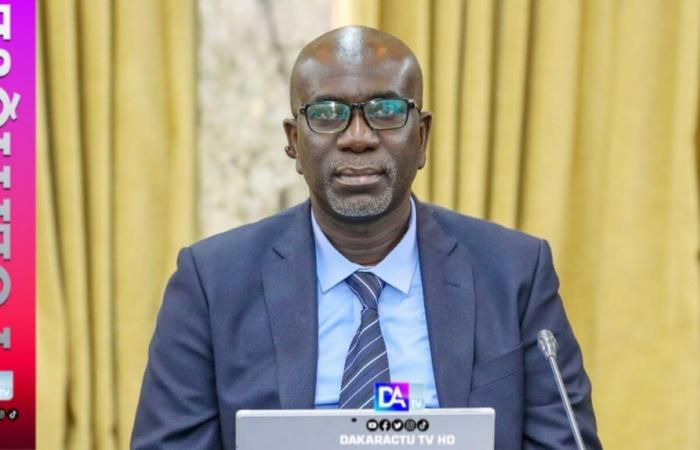Minister in charge of Administration and Equipment at the Presidency of the Republic, Cheikh Oumar Diagne had affirmed that “those who celebrate the riflemen do not know what” these colonial soldiers are in reality, in an interview with a television local, fafa Tv, published on December 21.
“The riflemen are traitors who fought against their brothers, in their country, for money” during revolts or anti-colonial wars in Africa, Mr. Diagne said.
“This outing is very unfortunate. I am completely out of step with what Mr. Diagne said. I consider that these riflemen are heroes of the Nation,” Minister Moustapha Njekk Sarré declared on Thursday on private radio RFM.
Mr. Diagne “was seriously mistaken. These riflemen cannot be considered traitors,” he said. He wonders “why he (Mr. Diagne) rowed against the tide” on the skirmishers because “no more than a month ago, the President of the Republic (Bassirou Diomaye Faye) organized a great ceremony in their honor.
“There were times when France made them do a dirty job. But if we take a general average and describe the suffering and heroism they showed, it would be unfair to give them this qualifier “traitors”, historian Mamadou Fall replied on Tuesday on private radio RFM.
On the internet and in the media, Mr. Diagne’s comments were also criticized, with some calling for his resignation.
This year, Senegal commemorated, on an unprecedented scale, the events of December 1, 1944 at the Thiaroye military camp, near Dakar. French colonial forces had fired on riflemen repatriated from fighting in Europe, not only Senegalese but also from other African countries, who were demanding payment of arrears of pay.
Many gray areas remain regarding the circumstances of the tragedy, the number of riflemen killed, their identity, and the place of their burial.
French authorities at the time admitted the deaths of 35 people. Several historians put forward a much higher number of victims, up to 400.






